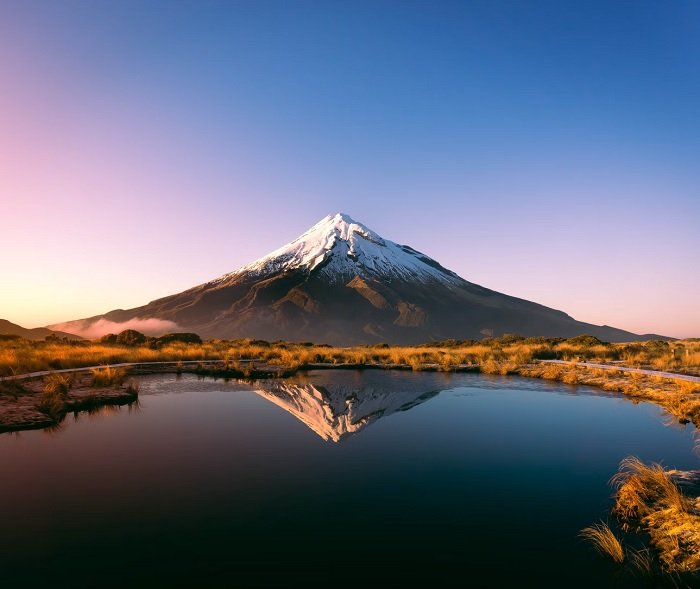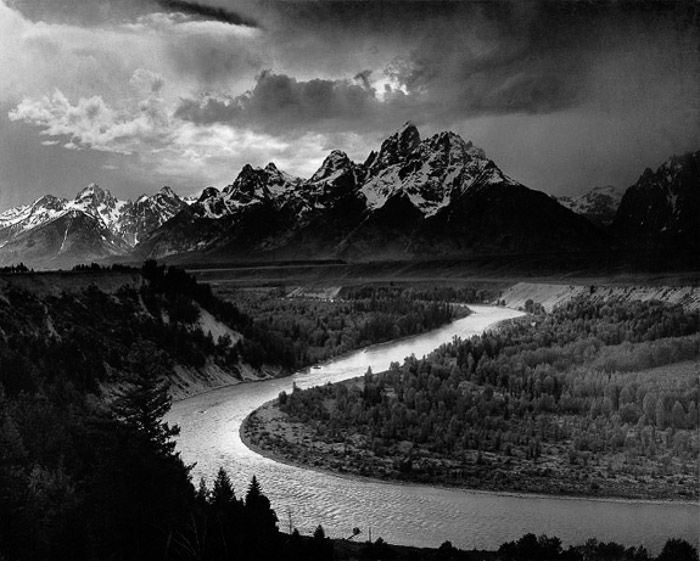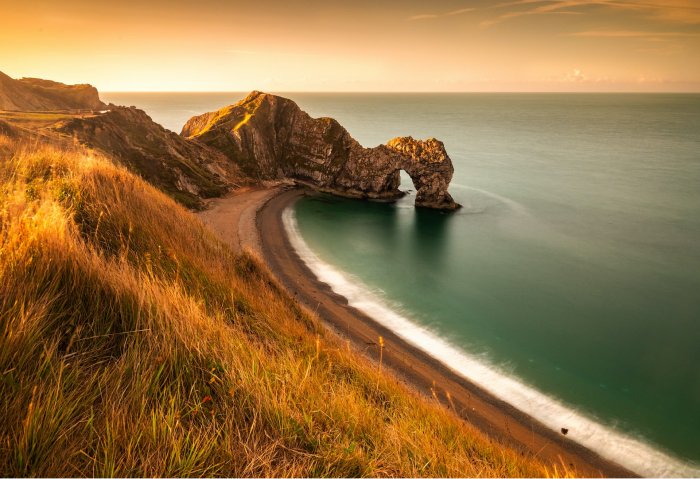The biggest secret to success in shooting landscapes is to have the right kit. But more importantly, you must have the best lens for landscape photography. It will save you time negotiating the landscape. And more time means more fun and freedom with your photography.
So what lenses are best for landscape photography? The answer is purely about your style. You can capture environments on lens with a wide focal length. Or you can capture a slice of it using a telephoto.
We chose the Tamron 10-24mm f/3.5-4.5 Di II VC HLD as the best lens for landscape photography. It is an inexpensive lens that you can buy for any camera mount!
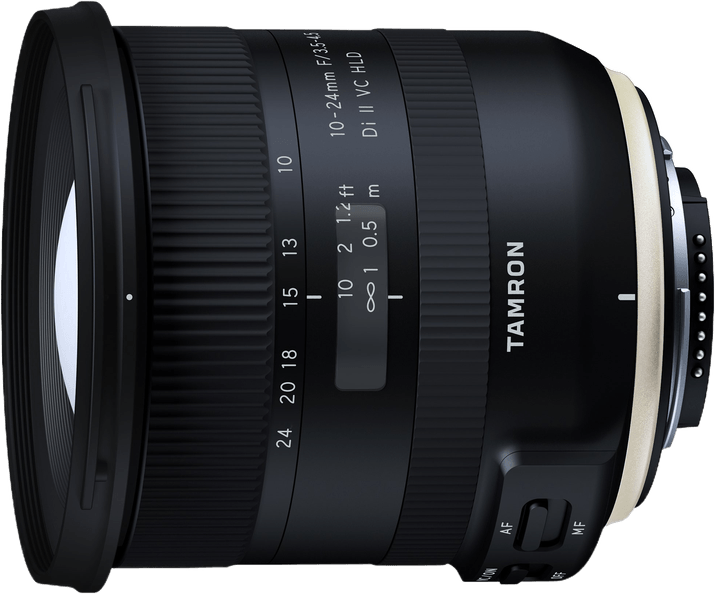
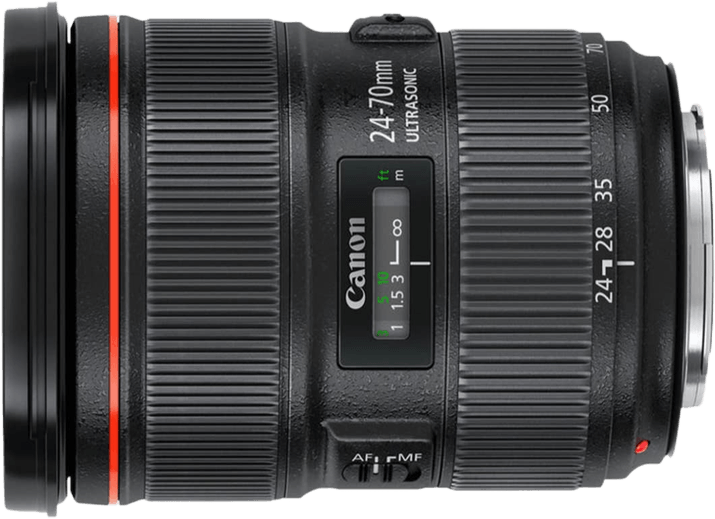
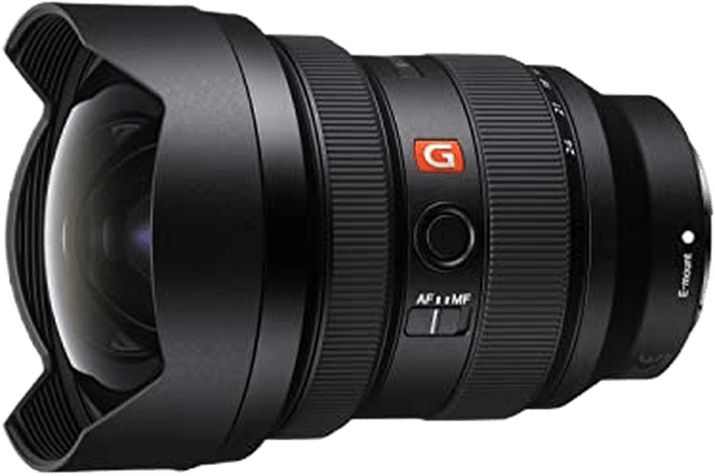
Best Lens for Landscape Photography (Top 12)

- Amazing landscape lens for its price
- Built-in vibration compensation
- Durable and moisture-resistant construction

- Great focal range to give you varied shots
- Image stabilization is handy for handheld shooting
- One of Canon's most successful lenses

- Extreme aspherical lens elements ensure outstanding resolution
- Fast and precise autofocus
- Award winner as best wide-angle lens
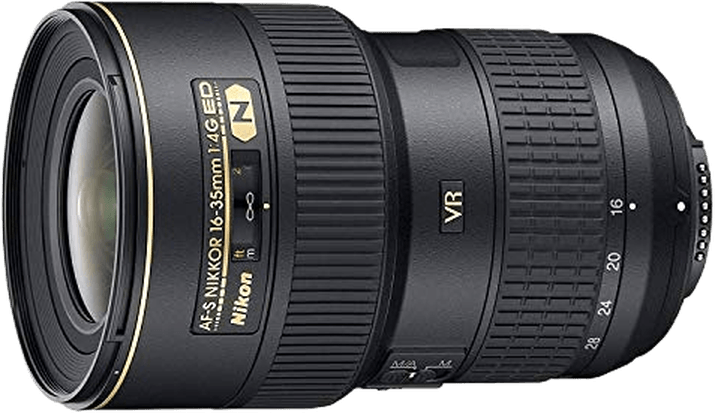
- Wide-angle with great vibration reduction
- Amazing sharpness throughout the frame
- A sturdy lens body to hold on to
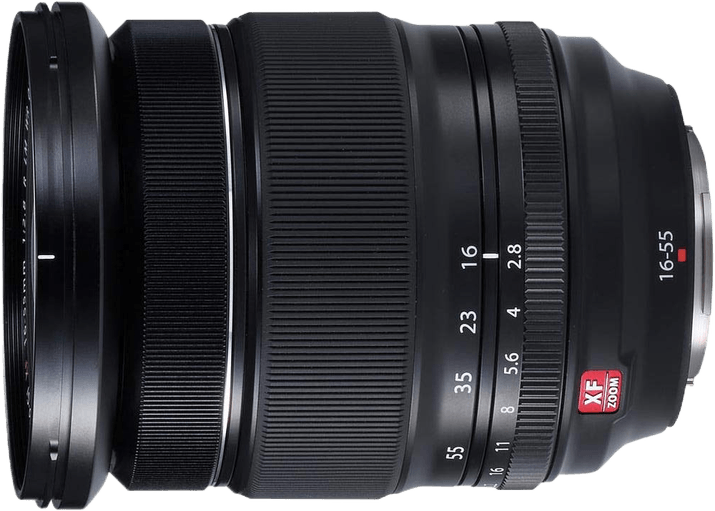
- Fast and quiet autofocus
- Weather resistant and functions in cold temperatures
- Nano-GI (Gradient Index) coating heavily reduces ghosting and flare
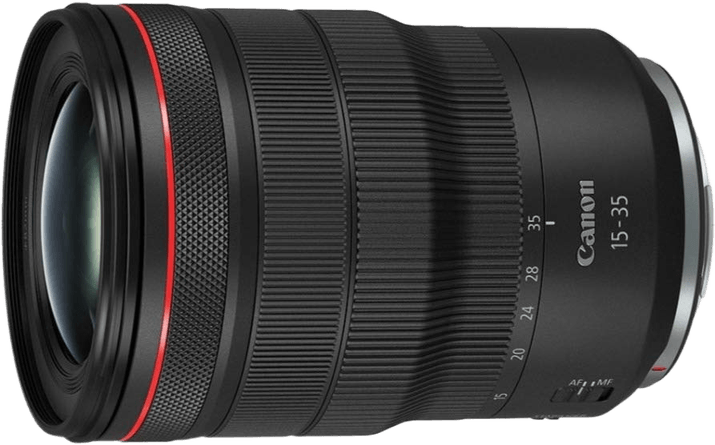
- Excellent image quality
- Great weather sealing and fluorine coating on front and rear elements
- Control ring on lens allows you to control camera settings
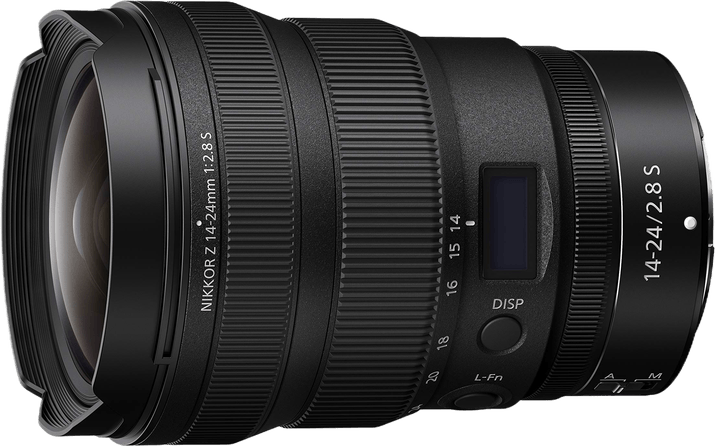
- Excellent optical performance, great sharpness from edge to edge
- Wide aperture makes it great for low-light situations
- Extensive weather sealing
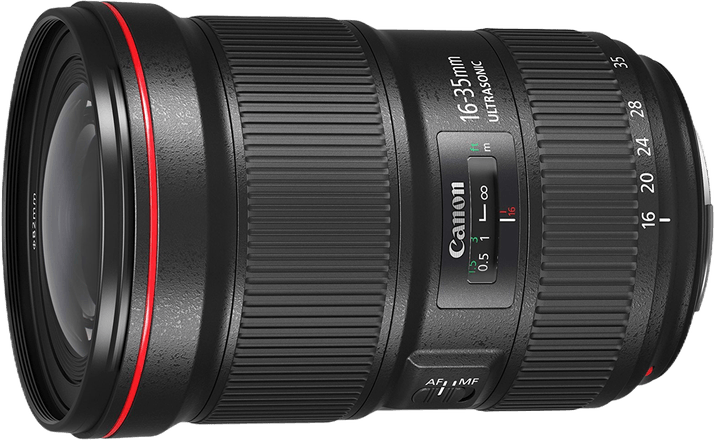
- Great all-round wide-angle lens
- Improvements in outer-edge sharpness
- Reduction in chromatic aberration with new lens coatings
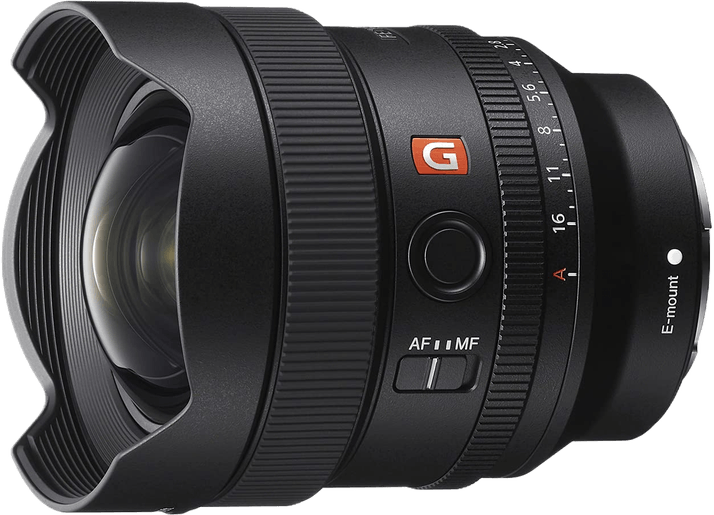
- Award winner for best wide-angle lens
- Amazing quality and optical performance
- Incredibly sharp from edge to edge
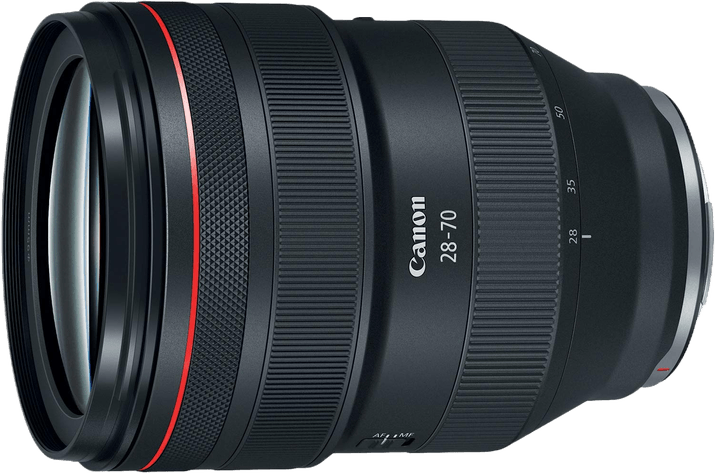
- A lens that functions superbly in a number of environments
- Dust and water resistant
- Control ring on lens for direct setting changes
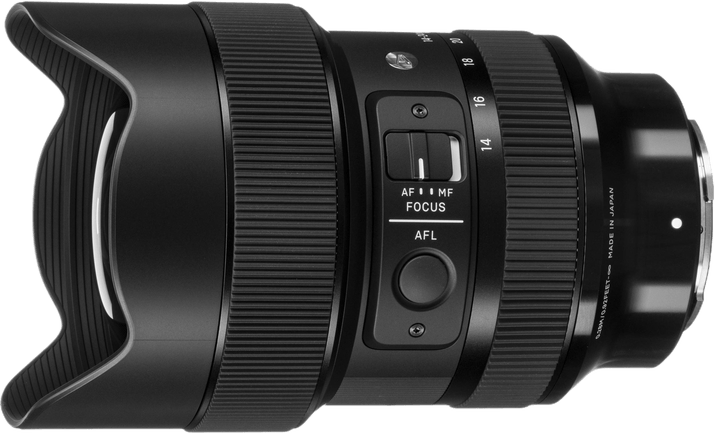
- "The definitive lens for astrophotography"
- Nano Porous Coating (NPC) reduces lens flare and ghosting
- AutoFocus Lock button can be assigned with various functions
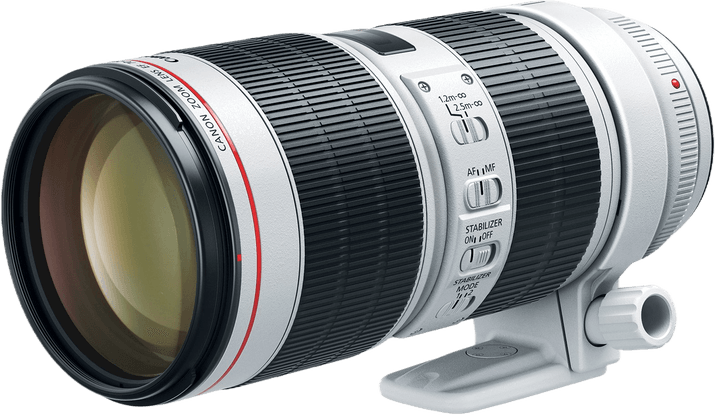
- Zoom option to get a cropped landscape view
- Optical image stabilization
- Highly resistant to dust and water and tested in harsh conditions
Nine times out of 10, I want to get as much of my favorite landscape as possible in the frame. So we will focus mainly on wide-angle lenses and a few prime lenses.
We’ll explore some of the best landscape lenses for all photography levels in the market. We’ll look at everything from entry-level options to the top of the range. Now let’s take an in-depth look at each option and see if it’s the right lens for you!
1. Tamron 10-24mm f/3.5-4.5 Di II VC HLD

| Brand |
Brand
Tamron
|
| Maximum Aperture |
Maximum Aperture
f/ 4.5
|
| Focal Length Range |
Focal Length Range
10-24 mm
|
| Image Stabilization |
Image Stabilization
1
|
| Lens Mount |
Lens Mount
Canon EF
|
| Best For |
Best For
Amateur photographers looking for a great wide-angle lens
|
This lens is for photographers who use smaller-framed APS-C cameras. There aren’t many options that can provide ultra-wide-angle capabilities. But the Tamron 10-24mm f/3.5-4.5 Di II VC HLD is one of them. It offers upgrades from their 2008 model Tamron SP AF 10-24mm SP Di II LD. And “upgrade” is an understatement.
The first thing you notice in this iteration is that it feels more robust. It’s ready to be in your backpack or with you marching through various terrains.
The vibration compensation works well as a new addition to this lens. It makes off-the-cuff shots easier to take. This lens is perfect for the hiker who doesn’t want to keep their troop waiting for long.
APS-C camera users could find this product slightly expensive. But I would say the performance quality of the Tamron is worth the extra money.
The developments in optical performance make it a top option for crop sensor cameras. The best part is that Tamron makes lenses compatible with both Nikon and Canon. So make sure you get the right camera mount.
2. Canon EF 24-70mm f/2.8L II USM

| Brand |
Brand
Canon
|
| Maximum Aperture |
Maximum Aperture
f/ 2.8
|
| Focal Length Range |
Focal Length Range
24-70 mm
|
| Lens Mount |
Lens Mount
Canon EF
|
| Best For |
Best For
Canon users looking for an all-rounder
|
The Canon EF 24-70mm f/2.8L II USM is a superb lens that excels in landscape photography. It is part of Canon’s “red ring” L-series, known for being the cream of the crop. You can expect brilliant optics as well as high-end durable construction.
With the 24-74mm focal range, you have a lens that can tackle many situations. This lens for landscape photography is a brilliant all-rounder for your setup. If you are interested in finding a lens that can do it all, look no further.
It has two Ultra-low Dispersion (UD) lenses and one Super UD lens. They greatly reduce chromatic aberration. And they also help with reducing color blurring around the edges of your subject. Plus, optimized lens coatings help with exceptional color balance while reducing ghosting.
The EF 24-70mm f/2.8L II USM created a new standard for landscape lenses. And it remains one of the best lenses on the market today.
3. Sony FE 12-24mm f/2.8 ED G

| Brand |
Brand
Sony
|
| Maximum Aperture |
Maximum Aperture
f/ 2.8
|
| Focal Length Range |
Focal Length Range
12-24 mm
|
| Lens Mount |
Lens Mount
Sony E
|
| Best For |
Best For
Professionals looking for the best equipment
|
Time to look at what Sony offers with the FE 12-24mm f/2.8 ED G. It’s an ultra-wide-angle lens. And it’s part of the G Master collection—Sony’s range of top lenses. It boasts extremely high resolution through its handling of lens bokeh.
The innovative optics make it one of the better lenses for landscape photography. This includes the largest XA (Extreme Aspherical) glass for a lens. There is sharp resolution throughout, which is important on an ultra-wide angle.
You also get an impressive f/2.8 aperture. It spans the whole focal range, putting this lens in a league above the rest. Unsurprisingly, this won awards for the best wide-angle zoom lens! It’s up there as a competitor for the best landscape lens.
For the filter lovers out there, this lens provides a rear filter holder already built-in. Sony even provides a cutting template for your own sheet filters.
The sharpness Sony captures from the FE 12-24mm f/2.8 ED G is seriously impressive. I can see this lens for landscape photography having a long shelf life in many loving homes.
4. Nikon AF-S FX 16-35mm f/4.0 ED VR

| Brand |
Brand
Nikon
|
| Maximum Aperture |
Maximum Aperture
f/ 4.0
|
| Focal Length Range |
Focal Length Range
16-35 mm
|
| Image Stabilization |
Image Stabilization
1
|
| Lens Mount |
Lens Mount
Nikon F
|
| Best For |
Best For
Nikon users looking for a reliable landscape lens
|
The Nikon AF-S FX 16-35mm f/4 ED VR is no stranger to people familiar with Nikon’s line of lenses. This is the best lens for landscape photography for Nikon DSLR users… without needing an adapter! And why would you when you have a lens like this in your range?
The 16-35mm focal range is ideal for landscape photography. And it was the world’s first ultra-wide-angle lens to have vibration reduction (VR).
Users attest to its excellent image quality. It’s hard to find a landscape photographer who doesn’t regard this as one of the best Nikon lenses.
Nikon released it a while ago, and it hasn’t had a revamp since. So you can find this lens a bit cheaper than its original price. But the fact that it hasn’t needed improvements speaks volumes about the sharp image quality this lens provides.
Do you have a Nikon full-frame camera and want to take professional landscape images? You don’t have to look any further than this lens.
5. Fujifilm XF 16-55mm f/2.8R LM WR

| Brand |
Brand
Fujifilm
|
| Maximum Aperture |
Maximum Aperture
f/ 2.8
|
| Focal Length Range |
Focal Length Range
16-55 mm
|
| Lens Mount |
Lens Mount
Fujifilm X
|
| Best For |
Best For
Photographers who want a small camera setup
|
Fujifilm users are in for a treat with the 16-55mm f/2.8R LM WR lens. It isn’t primarily used for landscape photography. But it excels in this field. It’s an optically brilliant lens that has great weather-sealing capabilities. You can use it at -10 C.
The lens is bigger and bulkier than many Fuji lenses. Fuji users tend to buy very light, accessible, and versatile cameras. (Fujifilm generally offers light equipment.)
But putting this lens on your camera doesn’t hinder these features. If anything, the bulk reassures you that this lens is packed with great optics.
Fujifilm’s multilayer HT-EBC and Nano GI coatings are the best features. They heavily reduce ghosting and lens flares landscape photographers may encounter. Awe-inspiring sunsets are even clearer.
6. Canon RF 15-35mm f/2.8L IS USM

| Brand |
Brand
Canon
|
| Maximum Aperture |
Maximum Aperture
f/ 2.8
|
| Focal Length Range |
Focal Length Range
15-35 mm
|
| Image Stabilization |
Image Stabilization
1
|
| Lens Mount |
Lens Mount
Canon RF
|
| Best For |
Best For
Canon mirrorless users
|
Canon stepped up its game when it released the 15-35mm f/2.8L IS USM for its mirrorless camera series. It’s Canon’s most progressive landscape lens. So you can expect nothing less than excellent image quality. And you won’t be disappointed!
Canon flaunts its new optical lens elements, advanced coatings, and a nine-blade aperture. It has a whopping f/2.8 aperture throughout its focal range. And most importantly, it has image stabilization (IS) to back it up.
You used to have to decide between a wide aperture and IS. But now, this lens provides both. Of course, this isn’t super relevant for landscapes as the camera sits on the tripod. But this can help when light is slipping away and golden hour produces that last split second of magic.
Are you a mirrorless photographer? Or are you contemplating a change from a DSLR? This could be the lens that convinces you to make the leap. It’s one of the best lenses for landscape photography.
7. Nikon Z 14-24mm f/2.8

| Brand |
Brand
Nikon
|
| Maximum Aperture |
Maximum Aperture
f/ 2.8
|
| Focal Length Range |
Focal Length Range
14-24 mm
|
| Lens Mount |
Lens Mount
Nikon Z
|
| Best For |
Best For
Nikon mirrorless users
|
The Nikon Z range of lenses has had a great reception from the market. The Z 14-24mm f/2.8 ultra-wide-angle lens has a constant aperture. This wide aperture won’t help much with traditional landscape photography. But it will help with astrophotography or other nightscapes.
Using an ultra-wide-angle lens to its fullest in a relatively flat landscape can be challenging. But in locations that tower around you, this lens offers a humbling sense of place for your viewers.
The range in its focal length makes it among the top lenses for landscape photography. The Nikon Z 14-24mm f/2.8 is more for specialists who know they need the lower end of this focal range.
The same range offers a Nikkor Z 14-30mm f/4 S. It comes at half the price and almost the same size and weight. This landscape lens is almost as beautiful as its new specialist brother. But it lacks attention to the ultra-wide details that make the 14-24mm unique.
Being on location, the 14-30mm could suit you more. Zooming to 30mm could prevent you from hanging off a cliff for the perfect shot. If you want an ultra-wide and don’t plan to shoot too much in the evening or nighttime, I suggest the 14-30mm f/4 S.
8. Canon EF 16-35mm f/2.8L III USM

| Brand |
Brand
Canon
|
| Maximum Aperture |
Maximum Aperture
f/ 2.8
|
| Focal Length Range |
Focal Length Range
16-35 mm
|
| Lens Mount |
Lens Mount
Canon EF
|
| Best For |
Best For
Canon users looking for an exceptional all-rounder wide-angle lens
|
It’s hard for me to be unbiased about this lens. I have the previous lens model, the Canon 16-35mm II USM. I use it for nearly 90% of the images I take on my DSLR.
There have been new improvements in image quality and durability. But I question how much further technology can push these boundaries.
The only issue I have with the Canon 16-35mm II is that there does seem to be a slight loss in sharpness at its widest. It was hardly noticeable. But it seems Canon has identified this and made it a thing of the past with the EF 16-35mm f/2.8L III USM.
This third iteration is one of Canon’s heavyweights. So it has a pretty heavy price tag. It’s worth considering if you’ll use this lens for low light or more active scenes. If you have the money, the Canon 16-35mm III is an excellent investment. It arguably takes the title for the best landscape lens.
If you aren’t going to need the extra stop in the aperture, the Canon 16-35mm f/4 IS USM gives the same excellent image quality for a significant price cut.
9. Sony FE 14mm f/1.8 ED GM

| Brand |
Brand
Sony
|
| Maximum Aperture |
Maximum Aperture
f/ 1.8
|
| Focal Length Range |
Focal Length Range
14 mm
|
| Lens Mount |
Lens Mount
Sony E
|
| Best For |
Best For
Photographers who enjoy prime lenses
|
Prime lenses aren’t usually a landscape photographer’s best friend. But sometimes, camera setting restrictions can work out in your favor. The Sony FE 14mm f/1.8 ED GM is for photographers willing to hop into a bush or wade in the waters for the perfect shot. If that’s you, you’ll be over the moon with the performance of this wide-aperture lens.
Unsurprisingly, this prime lens has won awards as the best wide-angle lens. It’s compact and lightweight for a lens with these specifications. This 14mm prime lens won’t leave your shoulder sore at the end of the day.
This lens for landscape photography features Sony’s most up-to-date qualities and design. This large-aperture wide-angle lens is groundbreaking for our time. Optically it’s hard to find fault. And with all the tests experts have put in place, it’s quite the lens.
Astrophotographers will rejoice over the extra stop. This allows photographers to take the ISO down. So it reduces noise and other aberrations astrophotographers often deal with. It’s a fast lens that provides sharp star images.
10. Canon RF 28-70mm f/2.0L USM

| Brand |
Brand
Canon
|
| Maximum Aperture |
Maximum Aperture
f/ 2.0
|
| Focal Length Range |
Focal Length Range
28-70 mm
|
| Lens Mount |
Lens Mount
Canon RF
|
| Best For |
Best For
All-rounder for Canon mirrorless cameras
|
Canon’s RF 28-70mm f/2L USM is definitely in the top tier as an all-around lens. As it’s a standard zoom lens, it isn’t a specialist landscape lens. And because it’s from Canon’s new RF range, it only fits Canon’s EOS R Cameras unless you have an adaptor.
But if you are looking for an all-round zoom lens for landscapes, I really recommend this one. It has won awards thanks to its achievements in lens innovation.
It’s preferred among landscape and travel photographers. But its focal length is also a strong option for photojournalism and portrait photography. But the large price tag is an issue for this lens.
Canon has a great EF version of this lens. It is still expensive, but it’s half the price of the RF version. The Canon EF 24-70mm f/2.8L II USM is a zoom lens that covers a similar focal length to the RF lens.
It has provided great landscape images for many years. And everyone talks about the lens’ sharpness. It has earned its place in many photographers’ camera bags.
11. Sigma 14-24mm f/2.8 Art DG HSM

| Brand |
Brand
Sigma
|
| Maximum Aperture |
Maximum Aperture
f/ 2.8
|
| Focal Length Range |
Focal Length Range
14-24 mm
|
| Lens Mount |
Lens Mount
Sony E
|
| Best For |
Best For
Sony mirrorless users
|
Sigma claims the 14-24mm f/2.8 Art DG HSM is the “definitive lens for astrophotography.” So I couldn’t leave it off this list of lenses for landscape photography.
It includes Sigma’s unique nanoporous coating. There are tiny holes in the outer layer that reduce lens flares and ghosting. These can be a landscape photographer’s biggest enemy in certain situations.
It’s a well-designed lens, strong in its construction and weather-sealing capabilities. It’s a lifesaver out in places with hazardous weather. These features are backed up by pretty impressive image quality. So this a lens you won’t regret having in your bag.
This lens is part of Sigma’s mirrorless range. As you may know, Sigma produces lenses for various top camera manufacturers. For this mirrorless option, you only have the option to get it in Sony’s E range.
For photographers who like this but don’t have a mirrorless camera, Sigma produces the Sigma 14-24mm f/2.8 DG HSM for DSLRs. This lens still packs a punch when placed on full-frame cameras.
The DSLR lenses also feature dust- and splash-proof builds. But they don’t have the nano-coating. And the rear filter slot is only available with the Canon mount lens.
Whether you shoot with a mirrorless or DSLR, Sigma provides an excellent lens alternative for landscape photography!
12. Canon EF 70-200mm f/2.8L IS III USM

| Brand |
Brand
Canon
|
| Maximum Aperture |
Maximum Aperture
f/ 2.8
|
| Focal Length Range |
Focal Length Range
70-200 mm
|
| Image Stabilization |
Image Stabilization
1
|
| Lens Mount |
Lens Mount
Canon EF
|
| Best For |
Best For
Photographers who want telephoto landscapes
|
Sometimes a fraction of the landscape can speak volumes. When used properly, you can play around with a telephoto lens to control the scale of the landscape. You can capture the feel of those daunting mountains over that lonely tree in the distance. For this, I recommend the Canon 70-200mm f/2.8L IS III USM telephoto lens.
This focal length isn’t the most sought-after lens for landscape photography. But you can use it for many different photography niches, including wildlife photography.
It’s the third model in Canon’s successful 70-200mm line. So it has updated features from its older brother, the Canon EF 70-200mm f/2.8 II.
The newest version boasts improved mechanics and extra lens coatings. But aside from these features, the previous lens is very similar. So, the second version could be the best option for those looking to cut their costs in half.
For Nikon users, I suggest the Nikon 70-200mm AF-S f/2.8 G ED VR II.
Conclusion
We have a full spectrum to choose from with this range of lenses for landscape photography. With so many specialist options, it is hard to say which is the best lens for landscape photography. Hopefully, this has made it easier to find the perfect landscape lens.
We recommend the Tamron 10-24mm f/3.5-4.5 Di II VC HLD as the best lens for landscape photography. But as always, lens choice ultimately comes down to preference. So we hope our list has covered options relevant to you and your budget.




